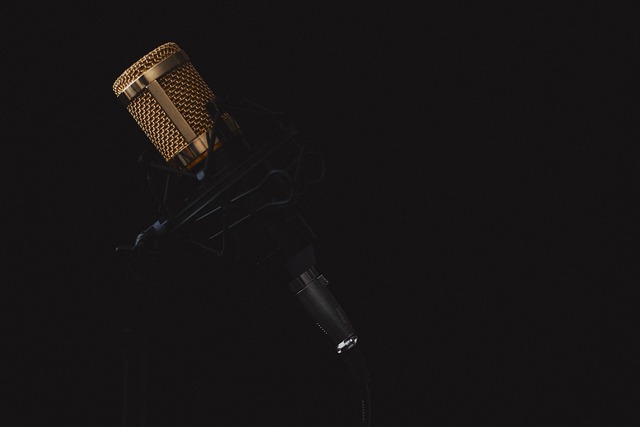Part of MRAK Series “A Jury of the People: You Decide”
By JON FAULKNER
Ben Sperry’s article on the suspension of talk-show host Jimmy Kimmel by ABC frames the legal issues well and concludes by recommending expanded First Amendment freedoms through reduced regulation of airwaves. Deregulation or downsizing the Federal Communications Commission (FCC) resonates with Americans who have witnessed censorship and suppression of news at every level, in business and government.
In 1791, Thomas Jefferson and Alexander Hamilton delivered “position papers” to President George Washington over the constitutionality of the proposed bank of the United States. Hamilton’s argument prevailed largely because of the “general welfare” clause in the Constitution. This widely interpreted mandate has empowered our federal government to enact seemingly limitless domestic programs and regulations in pursuit of the public welfare. However, the Framers did not provide a definition of “public welfare.”
Our Constitution relegates to the Judiciary the interpretation of laws we create to protect our Constitutional rights to free speech and a free press. What promotes the general welfare, however, is for the American people to decide.
The public welfare doctrine grants Congress both proactive and reactive powers. These powers are extensive and highly influenced by public opinion. Aside from human rights, which transcend human-imposed limits, our freedoms are limited or expanded by what our representative democracy regards as both reasonable and defensible on the basis of serving the best interests of society.
Kimmel’s controversial comments about the alleged killer of Charlie Kirk prompted backlash and actions by ABC’s affiliate stations and FCC. The suspension, driven by decisions from affiliate groups Nexstar and Sinclair to preempt Jimmy Kimmel Live!, followed remarks by FCC Chair Brendan Carr, who urged affiliates to “step up” in reaction to Kimmel’s comments, implying that broadcasters must act in the “public interest” or face potential fines for a “pattern of news distortion.”
The near immediate reaction by Nexstar and Sinclair implies the presence of pressure, but Carr’s statements were transparent and suggestive. Lawyers like Stout will speculate about the line between censorship and regulatory guidance, but these are distractions from the bigger issue: the growing power of Government to intervene and the arbitrary execution of that power. The Biden-Trump transition is corrective or destructive, depending upon one’s view, but the Twitter Files and many other revelations of abuse are more than worrisome.
The Kimmel case asks Americans to decide how we defend our right to a free press. The concept of the need to control content on behalf of the public welfare is on the table. We must decide for ourselves what kind of country we want, and how to safeguard our freedoms.
Americans who favor de-centralization of corporate power and influence in media, for example, should hold Disney accountable for pressuring affiliates to carry a show their local marketplace does not support. Congress is accountable for more robust enforcement of internal safeguards designed to expose and remove bad actors within the Executive.
Americans need to decide the degree to which we regulate our airways or tax them. Maybe the FCC is another agency we don’t need. But FCC’s authority over airwaves misses the larger point, which is how Americans wish to regulate media in a manner that promotes the general welfare, and avoids infringements upon Constitutional rights to free speech and a free press. What constitutes unacceptable levels of deceptive news, “hate speech”, violence or pornography, we Americans—not the courts–get to decide.
